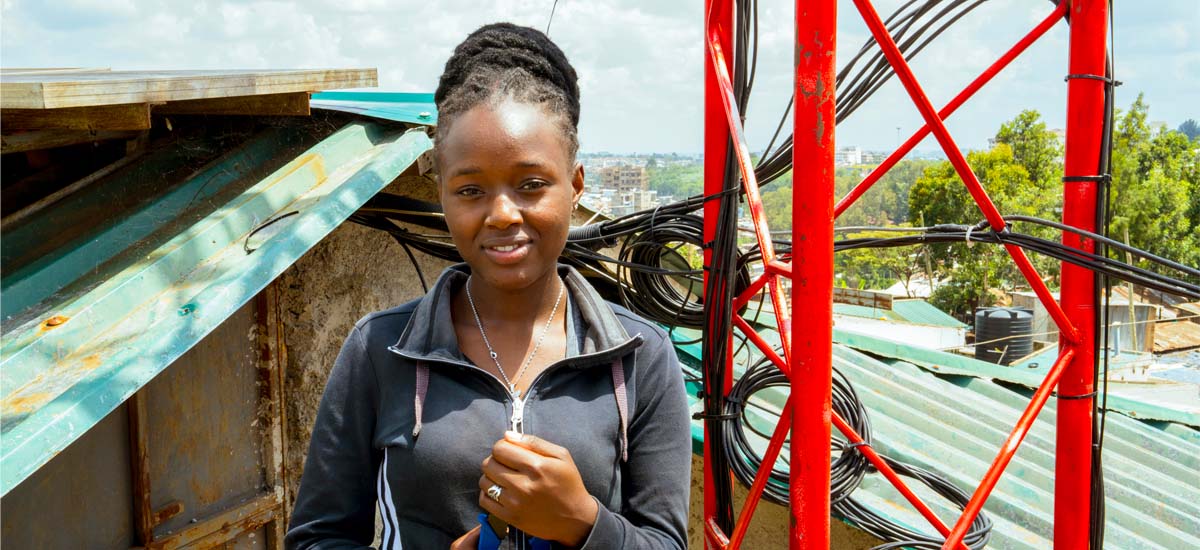Growing up in a small village in Murang’a County, Kenya, Ruth Njeri had nearly no access to the digital world. Today, she is the lead engineer of the Tanda Community Network in Kibera—the largest slum in Africa—and is working to empower local women with technical knowledge, new skills, and increased opportunities.
“I love seeing women trying to dive into this space of the Internet, technology, engineering,” Njeri says.
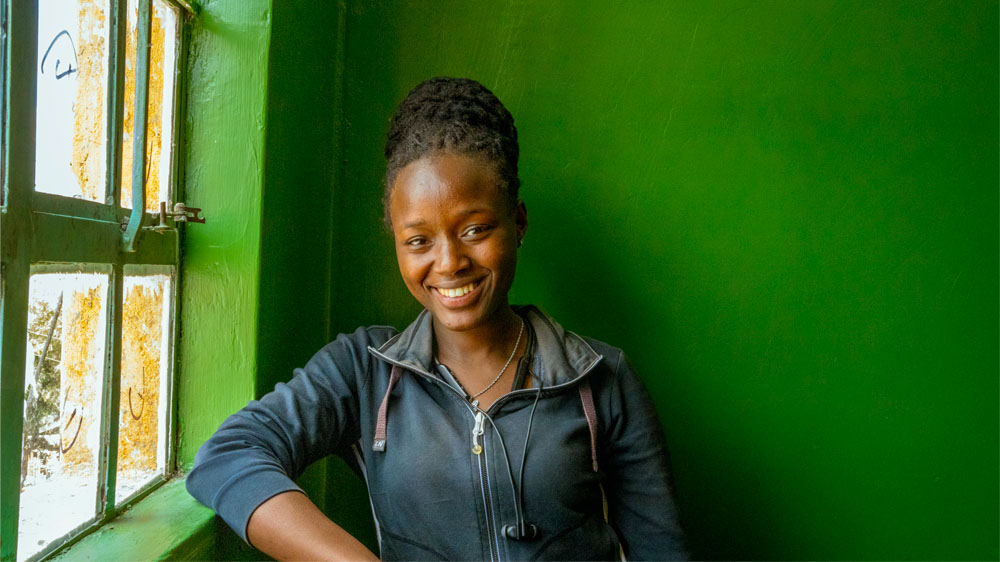
Exploration Through Education
By the time Njeri was in high school, her digital skills were limited. Unlike her peers, she couldn’t use a smartphone and often overheard them talking about WhatsApp and social media, not fully understanding what those platforms were about.
Eager to strengthen her skills and catch up, she enrolled in an international computer digital literacy course, which boosted her confidence and ignited her interest in technology. This passion led her to study information technology—with a focus on networking and coding—at NIBS Technical College in Nairobi, Kenya.
In 2022, Njeri was selected to join the Internet Society’s Designing and Deploying Computer Networks (DDCN) pilot program in Nairobi. The six-week course, co-facilitated by the Internet Society Kenya Chapter, trained 25 participants aged 18-28, including 20 women and 5 men from various technical and vocational colleges and high schools. The program provided them with hands-on experience, aiming to empower the next generation of computer networkers.
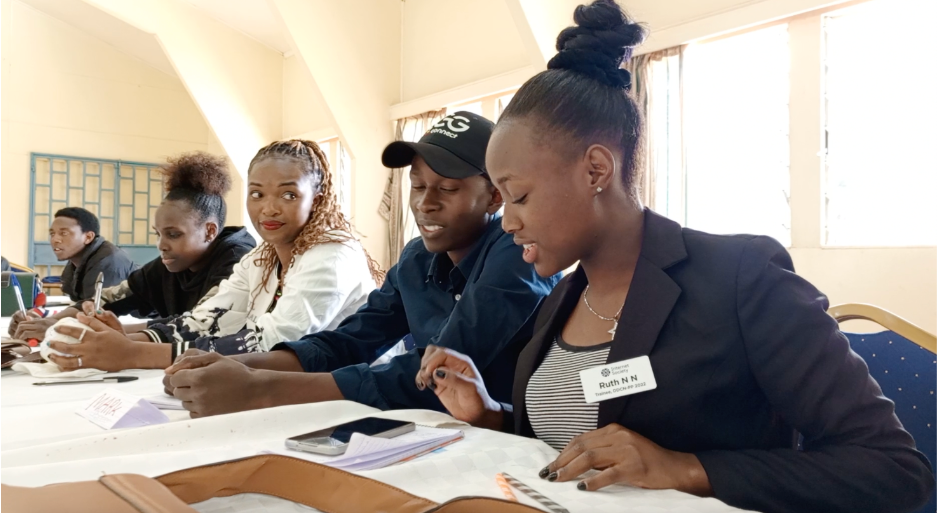
“The DDCN pilot project has really, really, really changed my life,” says Njeri, who, like most students, found work after completing the course.
From Intern to Engineer
With new skills and experience from the DDCN program now at her disposal, Njeri applied for and received an internship at Tunapanda Net in Kibera, where she started learning more about community networks and wireless technologies.
“The whole [DDCN] coursework was exactly what I came to do at Tunapanda,” she says.
With passion and hard work driving her forward, she rose from an intern to a key player to a lead engineer, helping oversee the rebranding and rebuilding of the 3-year project into an independent network—Tanda Net.
Njeri has developed the technical capacity to manage network infrastructure, set up masts, purchase equipment, and deploy the network.
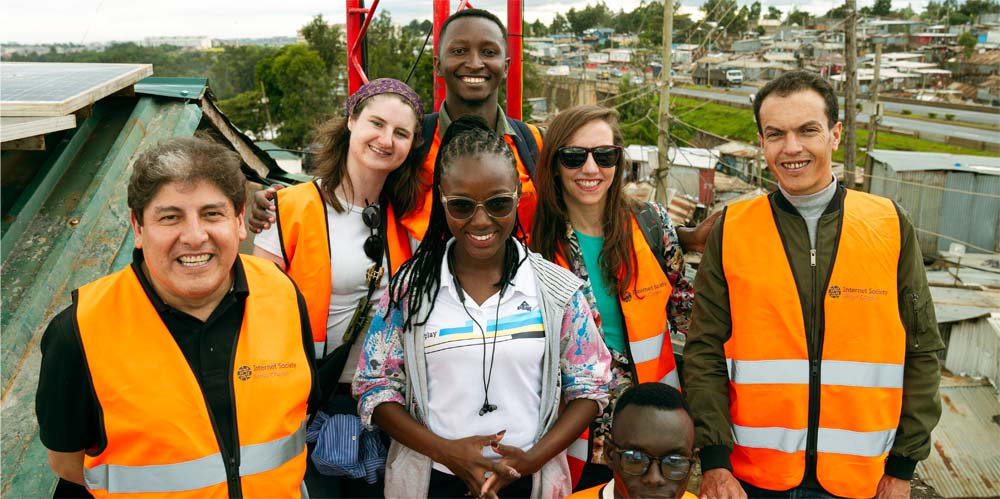
Tanda Net has connected about 104 network clients, including 47 individually connected homes, 12 connected organizations—mostly women’s organizations—three hospitals, one children’s home, 22 businesses, and seven schools.
Tanda Net burned down in June 2024, but even that did not deter the dedicated, hardworking team behind the community network. With support through our Connecting the Unconnected Funding Program, made possible by the Internet Society Foundation, the team successfully rebuilt the network, which is back to running at full capacity.
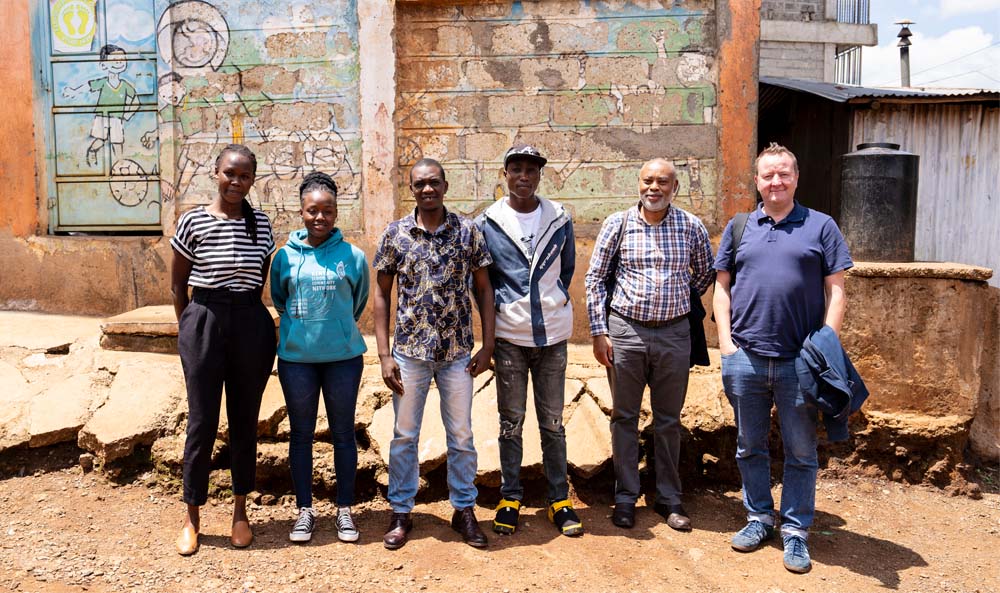
Narrowing Kenya’s Gender Divide
Aside from deployment, Njeri is also actively involved in training community members, particularly women, on a variety of topics, including misinformation, child safety online, and gender-based violence.
“I believe that women are pillars of the community,” Njeri explains. “If we try and bring this knowledge and empower them, we can do a lot of great things.”
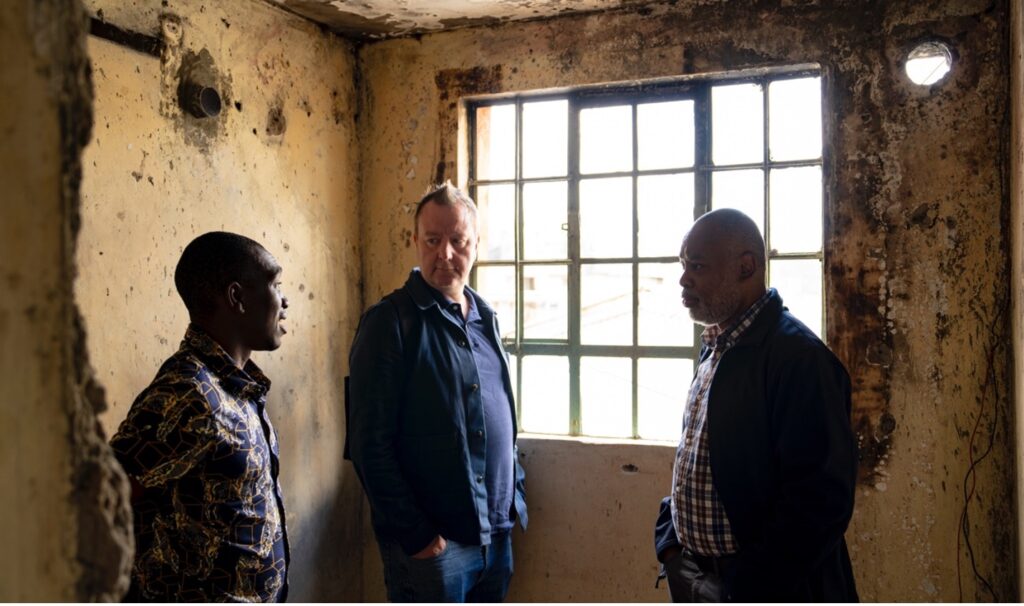
Gender-based violence is not uncommon in Kibera. “Women tend to suffer a lot,” Njeri says, and they often lack digital literacy skills. By enabling local women to use the Internet, they can learn more about issues like this and how to report it.
Njeri has also led trainings to help people in Kibera grow their businesses and get set up on the Internet—building websites, creating domain names, and more. These trainings have helped improve digital literacy, protect people from online scams, and empower women and other marginalized groups in Kibera.
“I am kind of a motivation to them right now,” Njeri says of the young people she trains. “They are looking up to me. They are like, ‘If Ruth is a lady and she can do all this, then I think I can also do it.'”
Looking Towards the Future
As someone who comes from a place with no Internet, Njeri wants to use the skills she has developed to change her village for the better.
“I am hoping that maybe in a few years’ time, whatever knowledge that I have gained, I’m going to get it back to my community, set up a network,” she says.
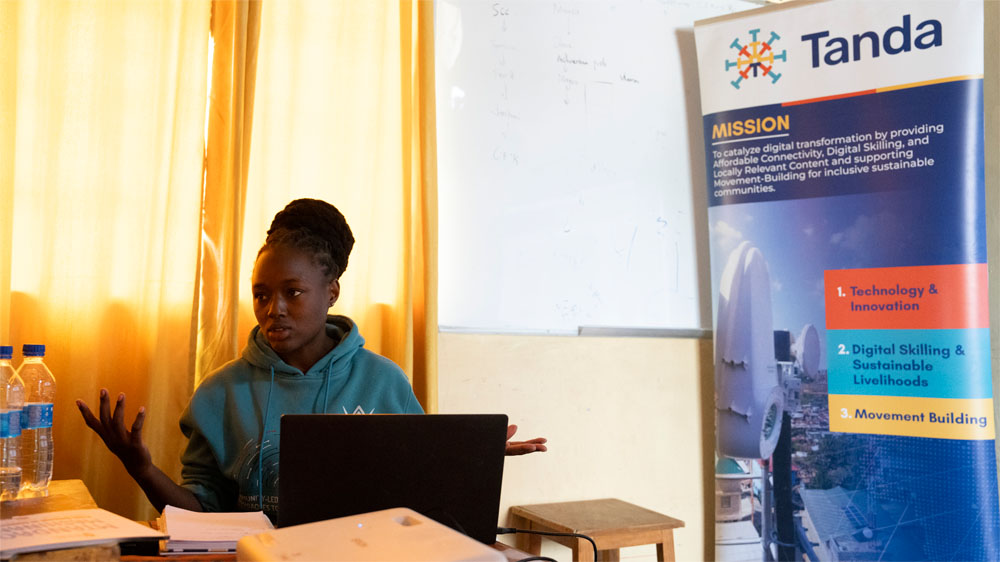
Njeri is also interested in implementing the DDCN program in Kibera. “There are lots of talented individuals in Kibera who do not have access to such amazing and broad learning information,” she says, adding that she would also like to “help them join the Internet Society community.”
